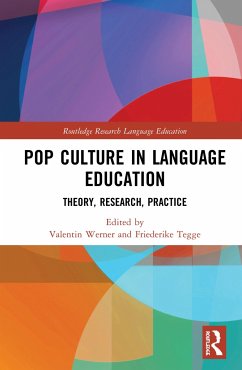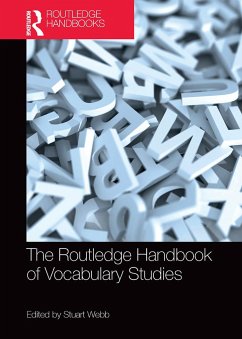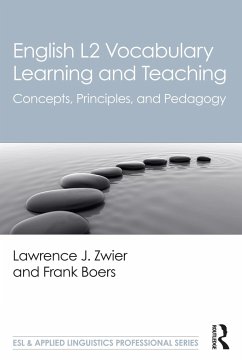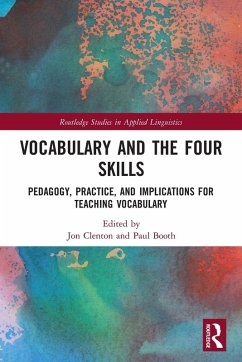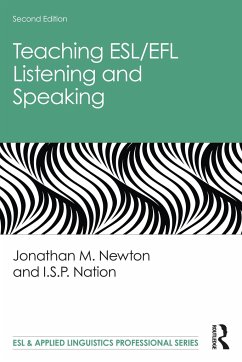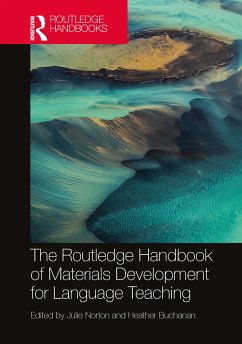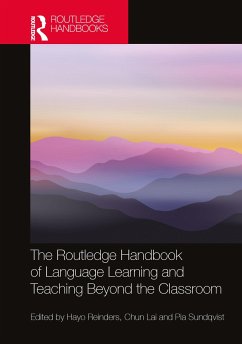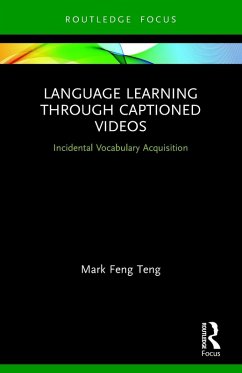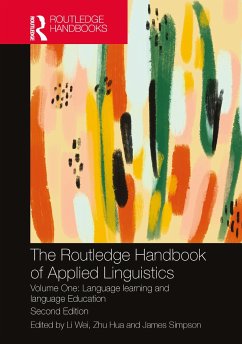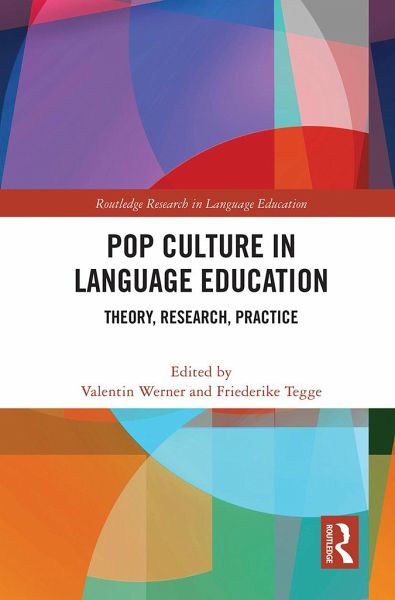
Pop Culture in Language Education
Theory, Research, Practice
Herausgegeben: Werner, Valentin; Tegge, Friederike
Versandkostenfrei!
Versandfertig in 6-10 Tagen
43,99 €
inkl. MwSt.
Weitere Ausgaben:

PAYBACK Punkte
22 °P sammeln!
Pop Culture in Language Education provides comprehensive insight on how studies of pop culture can inform language teaching and learning. The volume offers a state-of-the-art overview of empirically informed, cutting-edge research that tackles both theoretical concerns and practical implications.The book focuses on how a diverse array of pop culture artifacts such as pop and rap music, movies and TV series, comics and cartoons, fan fiction, and video games can be exploited for the development of language skills. It establishes the study of pop culture and its language as a serious subfield wit...
Pop Culture in Language Education provides comprehensive insight on how studies of pop culture can inform language teaching and learning. The volume offers a state-of-the-art overview of empirically informed, cutting-edge research that tackles both theoretical concerns and practical implications.
The book focuses on how a diverse array of pop culture artifacts such as pop and rap music, movies and TV series, comics and cartoons, fan fiction, and video games can be exploited for the development of language skills. It establishes the study of pop culture and its language as a serious subfield within language education and applied linguistics and explores how studies of pop culture, its language, and its non-linguistic affordances can inform language education at various levels of proficiency and with various learner populations.
Presenting a broad range of quantitative and qualitative research approaches including case studies on how pop culture has been used successfully in language education in and beyond the classroom, this book will be of great interest for academics, researchers, and students in the field of language education, applied linguistics, psycholinguistics, and sociolinguistics, as well as for language teachers and materials developers.
The book focuses on how a diverse array of pop culture artifacts such as pop and rap music, movies and TV series, comics and cartoons, fan fiction, and video games can be exploited for the development of language skills. It establishes the study of pop culture and its language as a serious subfield within language education and applied linguistics and explores how studies of pop culture, its language, and its non-linguistic affordances can inform language education at various levels of proficiency and with various learner populations.
Presenting a broad range of quantitative and qualitative research approaches including case studies on how pop culture has been used successfully in language education in and beyond the classroom, this book will be of great interest for academics, researchers, and students in the field of language education, applied linguistics, psycholinguistics, and sociolinguistics, as well as for language teachers and materials developers.





